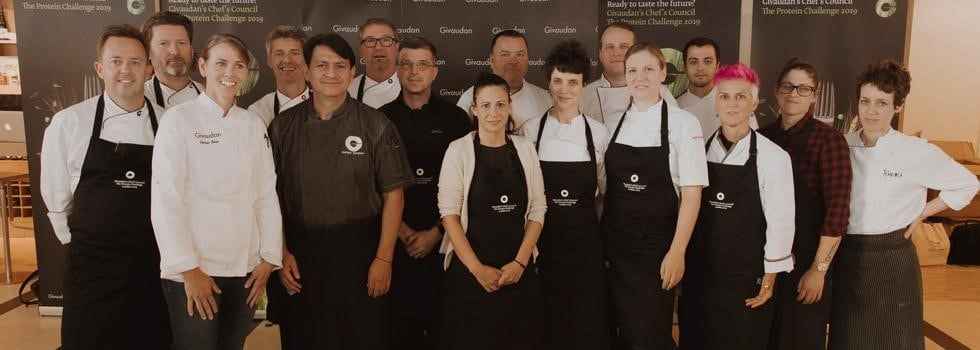In many cultures around the world, plant-based diets have been the norm for centuries and are far from a novel idea. By the same token, in recent years, there has been a seemingly exponential growth in products that are plant-based and that contain significant quantities of plant-based protein. There are many drivers for this growth. Some are found in consumer awareness and desire; some based in the recognition of how climate change is affected by animal farming and consumption; and some due to the incredible technical advancements that allow for the creation of more approachable, satisfying and delicious plant-based products.
Today, consumers are looking for healthier, more sustainable food choices and many have realized that changing their protein consumption habits is one way to satisfy these goals. Alternative protein products have moved from niche to mainstream and many new products in categories from alternative meats, to non-dairy protein beverages, to snacks now regularly appear on the market. Consumers expect these products to be high quality, nutritious, sustainable, affordable and crucially delicious and satisfying.

With a rapidly growing global population, feeding the world of tomorrow in a healthy way will require a more efficient use of resources such as land, water and energy. A plethora of scientific studies backs the ample news coverage on this topic and many of them recommend increasing the production of nutritious plant-based foods for human and environmental health.
Givaudan is tackling alternative protein’s complex technical challenges by pursuing new ideas, solutions and collaborative innovation opportunities with many external partners in a range of fields. These efforts have deepened knowledge of taste-attribute management, involving different proteins from various supply chains used in different matrices; advanced the flavouring and use of texturized vegetable proteins in meat alternative products; developed dairy substitutes to improve mouthfeel and taste; and studied the potential of plants for use as future protein sources.
This work is creating opportunities for new plant-based products. So we asked: what’s next? Some time ago, we realized that the answer to this question lies in creating products made with new, alternative protein sources that are both delicious and healthy. This in turn led us to Chef’s Council 2019: The Protein Challenge.
Givaudan’s Chef’s Council comprises a rotating panel of chefs who are authorities on particularly challenging aspects of food. Givaudan experts brief the guest chefs and work alongside them, contemplating the challenges and helping to raise the bar on culinary development to overcome them.
After months of preparation, Chef’s Council 2019 recently took place in London over the course of a week. The teams addressed some of the great challenges of protein – from taste, to nutrition, to sustainability. They roasted, baked, braised and steamed to create inventive and inspiring dishes – and translations to consumer products. Initial insights and examples of some of these outputs have been published in a paper that is available for download at the link below.
Protein is fundamental to proper nutrition and health and the place of plant protein in the formulation of foods and beverages is undoubtedly here to stay. It makes environmental sense and will help meet the challenge of access to healthy and nutritious food for the world’s growing population. Through constant innovation, partnering with experts in many adjacent fields, and through programmes like the Chef’s Council, together we will meet the challenges of the future of protein.








